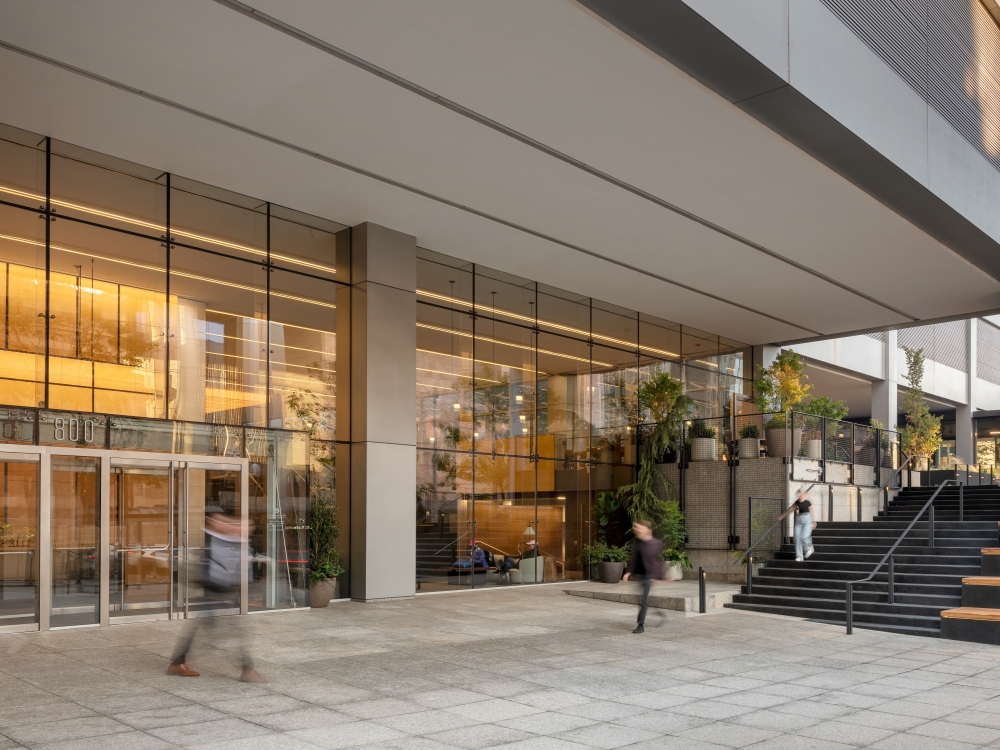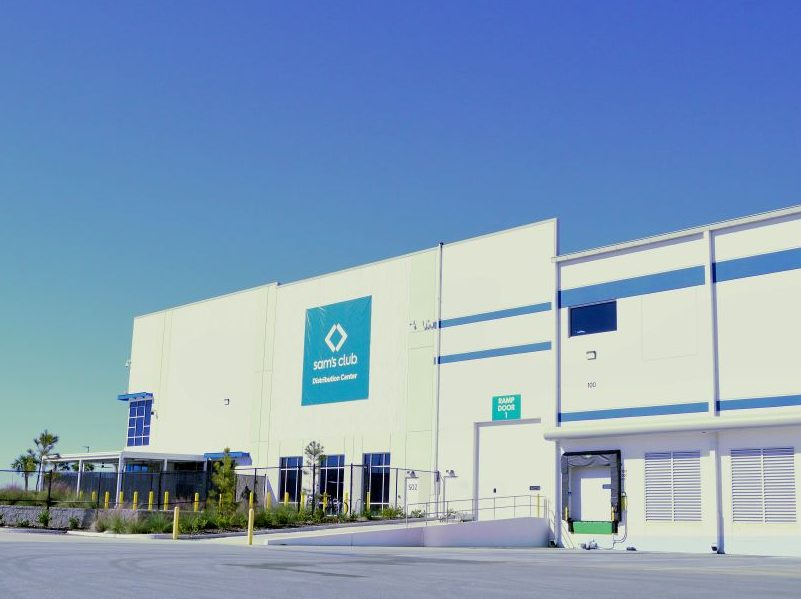What You Should Know About OZ and 1031 Exchange Deadline Extensions
Attorney Phil Jelsma of Crosbie Gliner Schiffman Southward & Swanson explains the tax implications of these recent changes for investors.
The coronavirus outbreak has prompted multiple deadline extensions by the Internal Revenue Service, many of which have major implications for commercial real estate investors.
On Thursday, April 9, the IRS issued Notice 2020-23, which extends several time-sensitive tax deadlines including those for Section 1031 Exchanges and Opportunity Zone Investments.

Phil Jelsma Photo courtesy of Crosbie Gliner Schiffman Southard & Swanson
In a Section 1031 exchange, which allows deferral of capital gains taxes on the sale of certain investment properties, an investor who sells real estate held for productive use in a trade or business or for investment can defer taxes if the investor identifies replacement properties within 45 days of the sale and within 180 days of the sale completes the acquisition of one or more replacement properties. The new IRS guidance extends both the 45-day deadline and the 180-day deadline, if those deadlines would have expired on or after April 1, 2020, to July 15, 2020. Thus, if the investor’s identification period was open as of April 1, 2020, it is automatically extended to July 15, 2020. Similarly, if the 45‑day identification period had expired before April 1, 2020, but the 180-day exchange period was open as of April 1, 2020, the 180-day exchange period is extended to July 15, 2020. This creates some interesting situations.
For example, if the sale of a replacement property occurred on Jan. 3, 2020, the 45th day would have been Feb. 17, 2020, and the 180-day exchange period would have expired on July 1, 2020. As a result of the Notice, the date for identifying replacement property remains Feb. 17, but the 180-day exchange period is extended from July 1, 2020, to July 15, 2020. If the sale took place on April 1, 2020, the 45th day would have been May 16, 2020. The period for identifying the replacement property is extended from May 16, 2020, to July 15, 2020, but the property would still need to be acquired by Sept. 28, 2020. Finally, if the taxpayer’s relinquished property sold on Jan. 23, 2020, the 45-day identification period would expire on March 8, 2020, and the 180-day exchange period would expire on July 21, 2020. This exchange is not impacted or benefited at all by the issuance of the Notice.
The same rules generally apply to reverse exchanges, a property exchange in which the replacement property is acquired first, and then the current property is traded away. The relinquished property must be identified within 45 days and the exchange must conclude within 180 days. The California Franchise Tax Board conformed its rules to the notice on April 15, 2020.
And for the first time, time-sensitive actions include the period of time to invest eligible gains in a Qualified Opportunity Fund. Generally, a taxpayer would have 180 days after the disposition of an asset to defer its capital gains by investing in a QOF. The Notice provides if the 180 days falls on or after April 1, 2020, and before July 15, 2020, the taxpayer now has until July 15, 2020, to invest the eligible gain in a QOF. In general, these new rules do not apply to all potential capital gains—only assets disposed of between Oct. 4, 2019, and Jan. 17, 2020. This extension could also provide QOFs with additional time to meet their deadlines.
A Nationwide Emergency
With COVID-19 cases mounting nationwide, President Donald Trump recently declared a major emergency in all 50 states through the Federal Emergency Management Agency), marking the first national presidential disaster declaration in history. Since the federally declared disaster area applies to all 50 states, the normal 30-month time period for working capital to be deployed by a Qualified Opportunity Zone Business may also be extended. The final Opportunity Zone regulations provide that a Qualified Opportunity Zone Business may receive up to 24 months to utilize its working capital assets within a federally declared disaster area. This means that Qualified Opportunity Zone businesses can receive an extension for their working capital, but not for a period of over 24 months. The final regulations suggest that the 24-month period is not an automatic extension and that the IRS may elect to grant additional time. In addition, if the Qualified Opportunity Zone disposes of an asset, it generally has 12 months to acquire another asset in a Qualified Opportunity Zone. As stated earlier, this period may be extended within a federally declared disaster area providing that a QOF receives up to an additional 12 months. This does not, however, appear to be an automatic extension.
Some Opportunity Zone deadlines were not addressed in the Notice, including deadlines when a QOF must have 90 percent of its assets in a qualified Opportunity Zone and the date by which a QOF must submit a written working plan to deploy its capital in a qualified Opportunity Zone.
Ultimately, these latest deadline extensions are a boon for commercial real estate investors—allowing more time to close deals and providing some respite from disruption caused by the coronavirus crisis.
Phil Jelsma is a partner and chair of the tax practice team at Crosbie Gliner Schiffman Southard & Swanson , a San Diego-based commercial real estate law firm with offices in Los Angeles.







You must be logged in to post a comment.